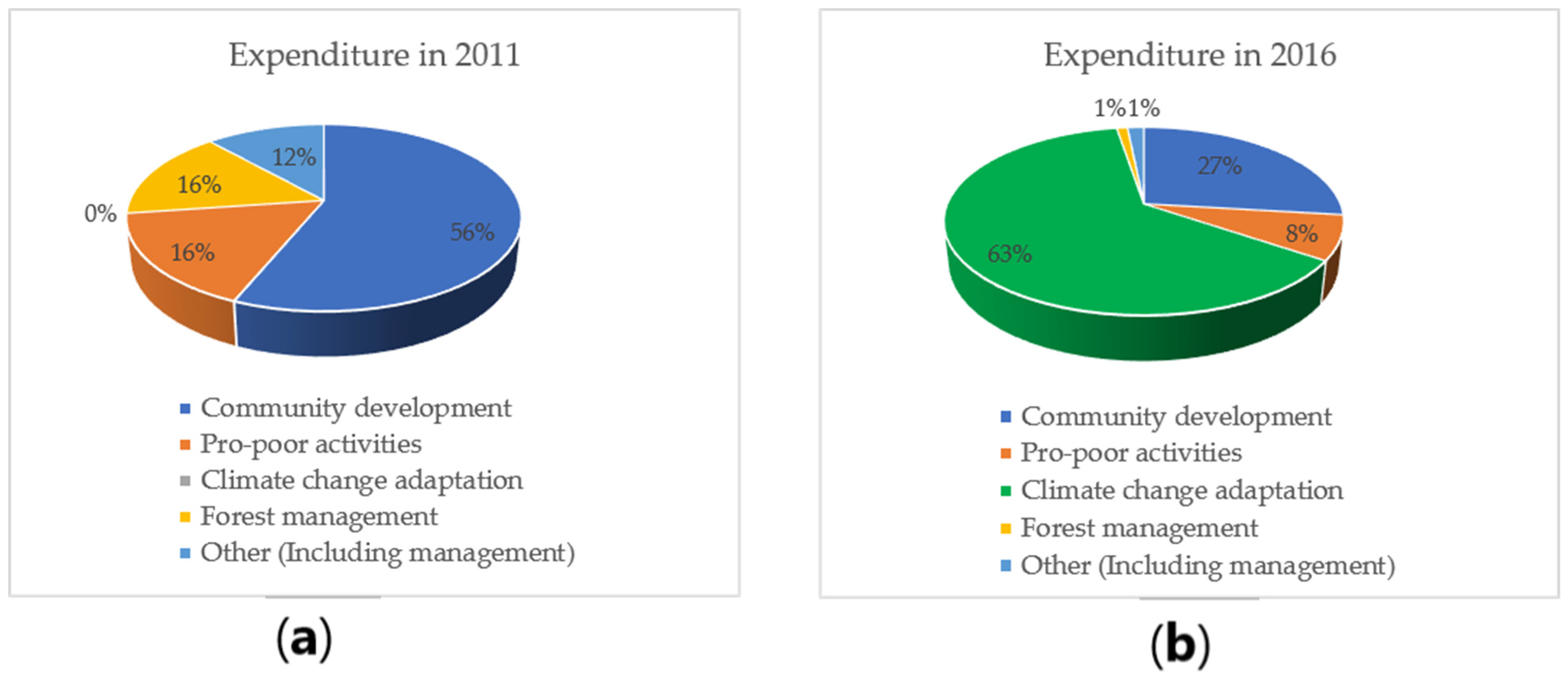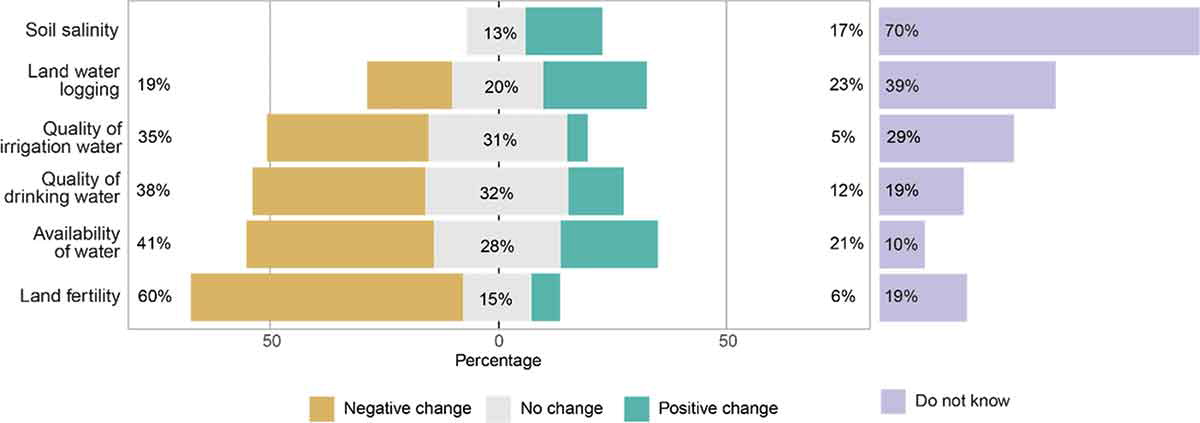Focus region Nepal/Northeast India
Nepal and India are low-income and emerging economies with high social inequality. While India has experienced large economic growth in the last decades especially in the IT sector, Nepal remains highly dependent on agriculture and forestry. Intensified monsoon periods and glacier melting will increase the likelihood of major flooding events resulting in soil depletion and landslide hazards.
In Nepal, content analysis and stakeholder surveys were conducted to study the coherence between climate change adaptation policies and the implications for local adaptation.

In adjacent Northeast India, the analysis of 800 structured questionnaires showed widespread consciousness of climate change by farmers. However, the high cost of agricultural inputs and unawareness of technical opportunities, substantially hinder effective adaptation. Farm science centers could play a key role for the advancement of climate-resilient agriculture.

Related scientific publications
Bhalerao, A. K., L. Rasche, J. Scheffran and U. A. Schneider (2021). Sustainable agriculture in Northeastern India: how do tribal farmers perceive and respond to climate change? International Journal of Sustainable Development & World Ecology.
Bhalerao, A. K., L. Rasche and U. A. Schneider (2021). Preparing for a better future: Delphi forecasts on competency development to enhance climate-resilient farming in Northeastern India. International Journal of Sustainable Development & World Ecology.
Darjee, K. B., R. K. Sunam, M. Köhl and P. R. Neupane (2021). Do National Policies Translate into Local Actions? Analyzing Coherence between Climate Change Adaptation Policies and Implications for Local Adaptation in Nepal. Sustainability.
